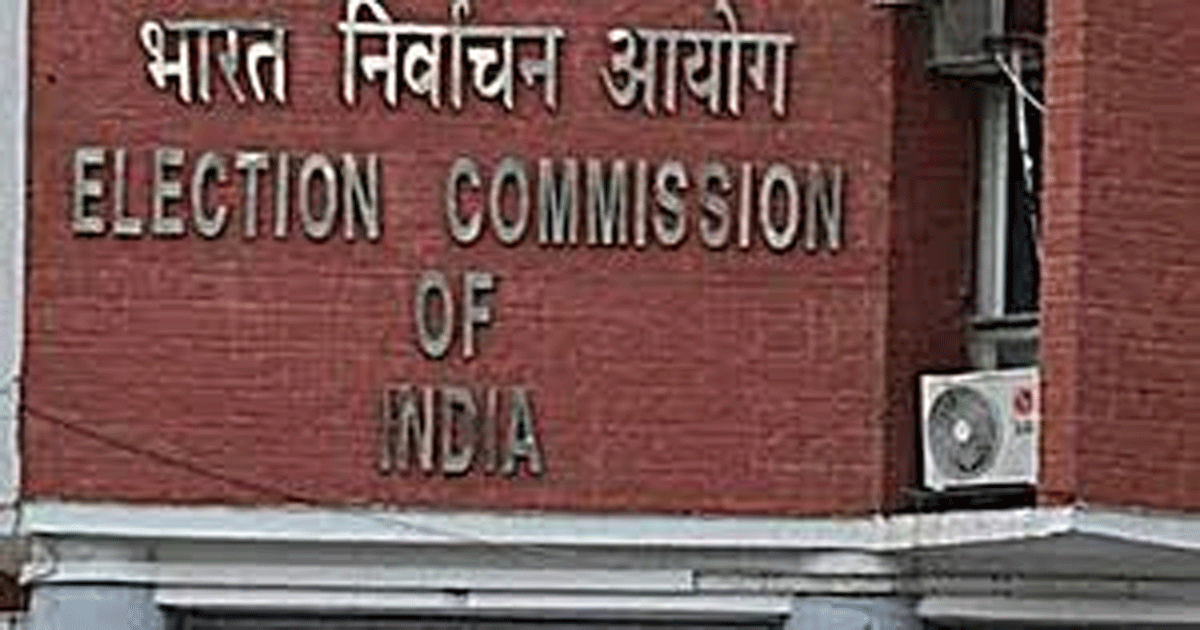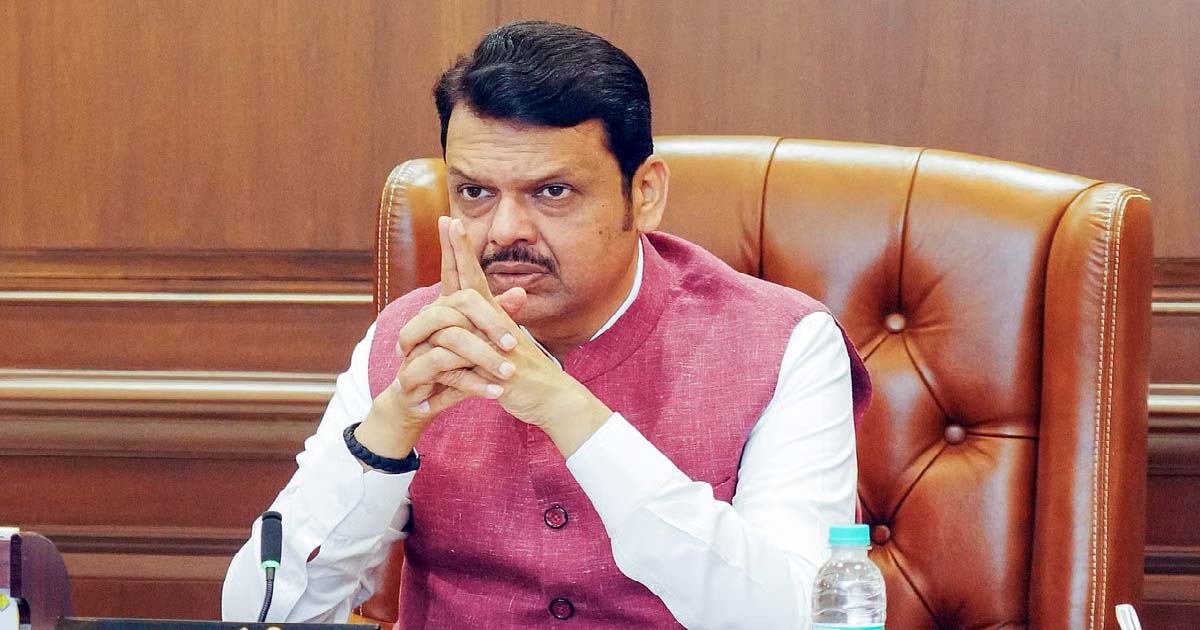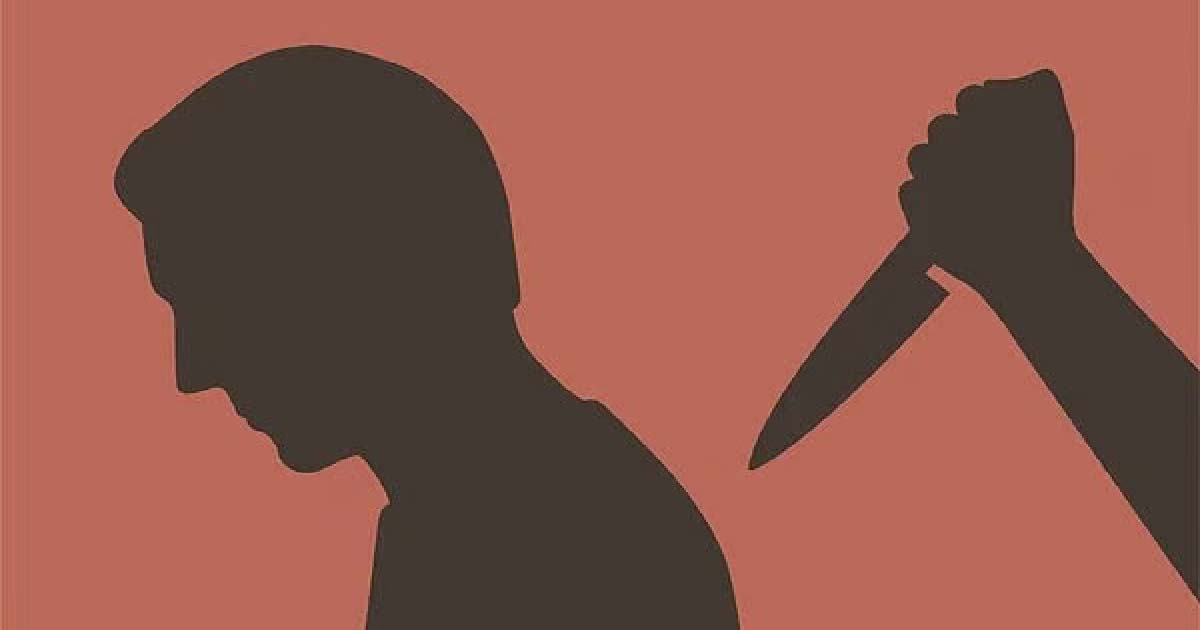National News
Will the changed rules of the Election Commission affect transparency? Understand every point

New Delhi: On the recommendation of the Election Commission, the rules have been clarified regarding the electronic records sought by the Law Ministry in the form of documents. The amended rules say that common people will not be able to take the footage of CCTV cameras installed in polling booths and webcasting. The opposition, including the Congress, is strongly opposing these amendments.
Amidst the commotion in the matter, spoke to the Election Commission. An attempt was made to find out whether the new amended rules will have any effect on the transparency of elections? Can there be any possibility of malpractice due to this? Or any other kind of manipulation? In this entire matter, a senior official of the Election Commission clarified about the amended rules.
Question: Congress has strongly opposed the amended rules and has questioned the transparency of the amendment.
Answer: Election Commission official says that this is completely baseless. There will be no reduction in transparency in the new amended rules. We are not hiding anything from anyone nor are we trying to hide anything, through amendment, Rule 93 (2) (A) of the old rule Conduct of Election Rule, 1961 has been amended to make it clear and unambiguous that there is no mention of CCTV cameras and webcasting footage in seeking records.
For those who ask for this record, it should not be construed as giving the footage of CCTV cameras and webcasting installed inside the polling booths. The new amended rules make it clear that these electronic records will not be given to the general public. This includes footage from CCTV cameras, webcasting and videography.
Question: Where did the case start?
Answer: It started with the case of Advocate Mehmood Pracha, in which on his petition, the Punjab and Haryana High Court on December 9 ordered the Election Commission to give a copy of the videography, CCTV footage and documents related to votes of a polling booth during the Haryana Assembly elections to Advocate Pracha. Only after this, on the recommendation of the Election Commission, the Law Ministry made these changes in the rules. Officials say that in the old rules, electronic data was also being sought under 17 (C) by citing Rule 93 (2) (A). There is no clear mention of this in the old rules, because at that time there was no provision for CCTV cameras, webcasting and videography at polling stations.
Question: So will the candidate also not be able to get CCTV footage?
Answer: This is not so, if the candidate wants, he will still be able to get electronic records like CCTV cameras through the court as before. This restriction will be only on common people. But here it would be right to clarify that the candidate will also be able to get electronic data of only that assembly or Lok Sabha constituency from where he has contested the election. It is not that he will be able to get CCTV records of any electoral area. In this too, this electronic record will be available only to the candidate, not to his political party.
Question: What is the problem in providing electronic records?
Answer: The Commission official says that there are major problems on two fronts. First, the safety of voters and second, its misuse by mischievous elements through AI. The Commission said that if such CCTV footage records in Jammu and Kashmir, Manipur, Chhattisgarh and many other states including Naxal-affected states fall into wrong hands, it can pose a threat to the safety of voters. Secondly, it can be misused through AI. Especially during elections.
People can misuse this on social media by creating polling booths of different states through AI on the day of voting and can make fake news viral by giving wrong messages to voters as per their wish. If this is stopped, the voting will be over and the wrong people can succeed in their nefarious intentions. Electronic data can also be sold outside the country.
Crime
A powerful explosion near Delhi’s Red Fort… High alert across Delhi after the blast; 8 people killed; forensic team arrives at the scene.

New Delhi: A car explosion near Gate No. 1 of the Red Fort Metro Station on Monday evening caused widespread panic. The force of the blast was so intense that a part of the car landed on the Lal Mandir, located near the Red Fort. The temple’s glass shattered, and doors and windows of several nearby shops were damaged. Several people were reported injured in the incident.
Immediately after the blast, fires were reported in nearby shops. Tremors were felt as far as the Bhagirath Palace area of Chandni Chowk, and shopkeepers were seen calling each other to inquire about the situation. Several buses and other vehicles were also reported to have caught fire.
The fire department received a call about the car explosion in the evening. Following this, it immediately dispatched six ambulances and seven fire tenders to the scene. Relief and rescue operations are underway, and efforts are underway to control the fire.
The cause of the explosion is still unknown. Police have cordoned off the area, and investigating agencies are gathering evidence at the scene. Initial reports suggest the explosion occurred in a car, but its nature and cause are still unclear. Security has been increased throughout the Red Fort and Chandni Chowk areas following the incident.
National News
Maharashtra CM Devendra Fadnavis Orders World-Class Facilities, AI-Based Security At Jyotirlinga Temples

Mumbai: Maharashtra Chief Minister Devendra Fadnavis on Monday directed officials to ensure world-class facilities and a state-of-the-art integrated AI-based security system for devotees visiting Jyotirlinga shrines in the state.
During a meeting held at Varsha, his official residence, Fadnavis reviewed the development plans for the Bhimashankar Temple in Pune district, Aundha Nagnath Temple in Hingoli, and Grishneshwar Temple in Chhatrapati Sambhajinagar.
“Jyotirlinga temples attract a large number of devotees throughout the year. Therefore, the development plans should be comprehensive and focused on creating excellent facilities and ensuring security,” he said.
The chief minister instructed officials to accelerate ongoing works and plan new ones effectively.
“An advanced, AI-based integrated security system should be developed to safeguard devotees and provide an immediate response during emergencies,” he said.
Fadnavis further said that facilities such as waiting halls, drinking water, accommodation, internal roads, cleanliness measures, information boards, tourist facilitation centres, parking management, emergency response systems, health facilities and eateries should be strengthened.
He emphasised that temple managements follow strict norms and residents and administrative bodies should be involved in planning and execution.
“Tourism projects that promote environmental conservation and local employment must be implemented quickly,” he said.
The chief minister said that the development plans presented at the meeting will receive funding after approval by a high-level committee, and he asked officials to organise a separate meeting with the Central government to secure clearances from the Archaeological Survey of India (ASI).
Crime
Thane: Man Stabbed To Death In Dombivali Hotel After Minor Altercation

Thane: A man was stabbed to death in Dombivali in Thane district during an altercation after he accidentally brushed against another person, a police official said on Monday.
The incident took place in a hotel in the early hours of Sunday in MIDC Phase 1 area, the Manpada police station official said.
“Akash Bhanu Singh (38) and his friends were having dinner at the hotel when he accidentally brushed against the accused, who picked up a fight. He along with some others stabbed Singh to death. Two of Singh’s friends, who tried to save him, also sustained injuries and have been hospitalised,” the official said.
Four persons were booked under Bharatiya Nyaya Sanhita sections for murder and other offences, though no arrest has been made, he said.
-

 Crime3 years ago
Crime3 years agoClass 10 student jumps to death in Jaipur
-

 Maharashtra1 year ago
Maharashtra1 year agoMumbai Local Train Update: Central Railway’s New Timetable Comes Into Effect; Check Full List Of Revised Timings & Stations
-

 Maharashtra1 year ago
Maharashtra1 year agoMumbai To Go Toll-Free Tonight! Maharashtra Govt Announces Complete Toll Waiver For Light Motor Vehicles At All 5 Entry Points Of City
-

 Maharashtra1 year ago
Maharashtra1 year agoFalse photo of Imtiaz Jaleel’s rally, exposing the fooling conspiracy
-

 National News1 year ago
National News1 year agoMinistry of Railways rolls out Special Drive 4.0 with focus on digitisation, cleanliness, inclusiveness and grievance redressal
-

 Maharashtra12 months ago
Maharashtra12 months agoMaharashtra Elections 2024: Mumbai Metro & BEST Services Extended Till Midnight On Voting Day
-

 National News1 year ago
National News1 year agoJ&K: 4 Jawans Killed, 28 Injured After Bus Carrying BSF Personnel For Poll Duty Falls Into Gorge In Budgam; Terrifying Visuals Surface
-

 Crime1 year ago
Crime1 year agoBaba Siddique Murder: Mumbai Police Unable To Get Lawrence Bishnoi Custody Due To Home Ministry Order, Says Report












